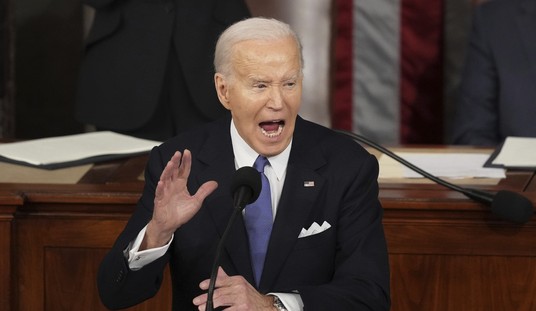Labor Secretary Thomas Perez has given American businesses a short reprieve from a controversial proposed rule that, if promulgated, will restrict business’ ability to obtain legal counsel and other labor relations advice potentially leading to a dearth in labor counseling. Perez told an audience at the U.S. Chamber of Commerce last week that the new rule was “not going to happen” this November, as the Department of Labor had originally planned.
While the Department has received over 9,000 comments on its proposal and considering the negative impact it will have on American businesses, it surprisingly hasn’t received much media attention.
Presently, many companies retain the services of labor consultants, some of whom are attorneys, to help them navigate the labyrinth of American labor laws. These consultants are crucial for business because employers are focused on running their businesses and need labor consultants to assure their compliance with applicable laws. Employers especially turn to labor consultants amidst a union-organizing campaign.
In order to ensure that such consultants are not engaging in nefarious activities, Congress passed the Labor Management Reporting and Disclosure Act (LMRDA) in 1959. The LMRDA requires employers and their labor consultants to file extensive disclosure forms when the consultant communicates with employees in an effort to persuade them whether to exercise their right to organize and/or collectively bargain.
Notably, the LMRDA provides an “advice” exemption which since 1962 has been interpreted to exclude consultants who merely provide advice to the employer but have no direct contact with the employees. Such advice can include, for example, assistance with written material or a prepared speech, provided the employer, not the consultant, is acting as the “persuader.” This interpretation is fully consistent with the statute and is perfectly logical because the consultant is not actively engaged in directly attempting to influence an election or the employees’ views on unionization rather he is only providing advice to the employer who may or may not use it.
Recommended
However, under the proposed Department of Labor regulation, that exemption would be virtually nullified. The termination of this exemption threatens to impose a heavy regulatory burden on businesses and law firms and disadvantage employers when unions are attempting to organize their employees. At a time when the federal government’s focus should be on creating an environment conducive to job creation, it is instead unnecessarily expanding disclosure requirements to make union organizing easier.
First and foremost, employers’ ability to retain the services of legal counsel will be severely restricted. The proposed regulation requires businesses and the attorneys they hire for labor advice to disclose the existence of the relationship, the nature of the services being provided and the tasks performed. In addition, the attorney and his firm will be forced to disclose not only the legal fees paid by the employer being provided the advice, but by all of the firm’s employer clients who are being provided “labor relations advice and services.” Many, if not most, lawyers and law firms will rightfully be hesitant to release such confidential attorney-client information and will forego providing advice to employers to avoid having to do so. This means that employees will not receive information on the benefits and drawbacks of unionization, ultimately leading to decisions being made on woefully inadequate knowledge.
Under the proposed rule, all the labor relations advice and services a law firm does for a client could end up in a publicly available report to the government. This disclosure of confidential information upends the attorney-client relationship and has raised eyebrows across the legal community, culminating with the American Bar Association expressing its “serious” concerns over the proposed regulation.
But the most important aspect of this story is that the Department of Labor is putting obstacles in front of business owners who are simply seeking advice on labor issues so they can comply with complex laws. If America wants to get its economy back on track, then adding excessive and unnecessary regulations on American employers seems like an illogical step. We can only hope that the Labor Department will exercise common sense and any rule change will radically differ from the one proposed in June 2011.

























Join the conversation as a VIP Member